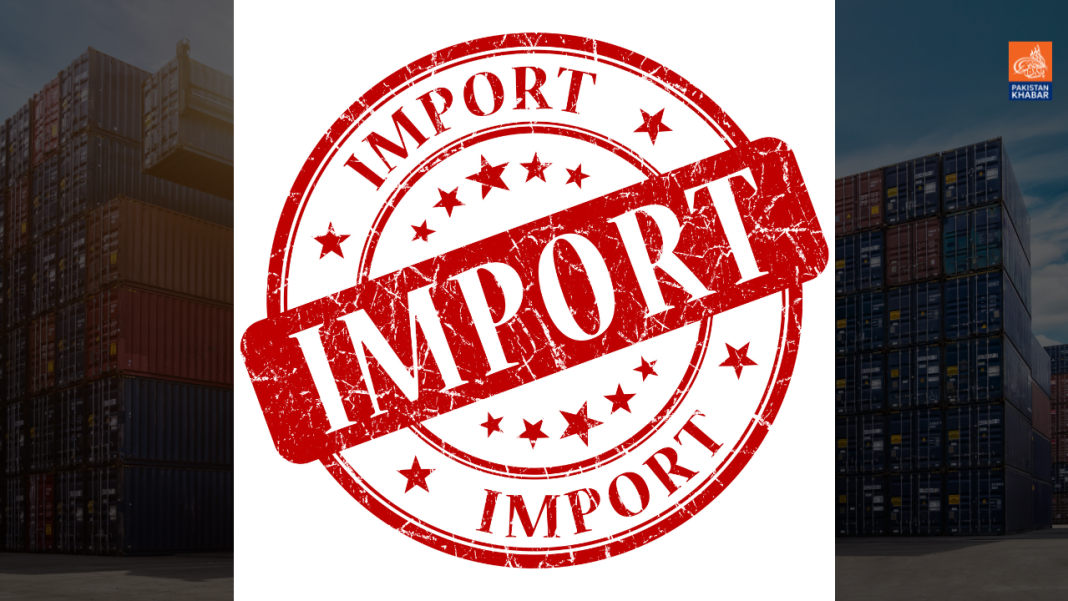Pakistan is exploring several strategies to increase oil imports from Russia, including the possibility of barter trade, where goods are exchanged for oil, with the aim of boosting imports to up to one million tons.
A high-level meeting, chaired by Federal Minister for Planning, Development, and Special Initiatives Ahsan Iqbal, was convened to review proposals made by Russian President Vladimir Putin to Prime Minister Shehbaz Sharif. The meeting focused on enhancing Pakistan’s cooperation with Russia across various sectors.
Attendees included senior officials from the Ministry of Foreign Affairs, Ministry of Science and Technology, Ministry of Commerce, representatives from the Engineering Development Board (EDB), the State Bank of Pakistan, and Pakistan Railways.
Ahsan Iqbal highlighted the need for a detailed roadmap for collaboration with Russia, emphasizing the importance of evaluating Russian proposals to ensure they are practical, with thorough preparation, and provide significant import savings or ensure export guarantees to prevent currency devaluation.
The meeting reviewed the master energy plan, incorporating Russia as a key component, and discussed the necessity of a pre-feasibility study for refining petroleum. The Petroleum Minister outlined the current state of Pakistani refineries and the need to adapt them for processing Russian crude oil. The possibility of barter trade with Russia, as suggested by the Ministry of Foreign Affairs, was also examined, along with Russia’s potential investment in Pakistani refineries to increase oil supply to up to one million tons.
In terms of infrastructure, the meeting addressed the Quetta-Taftan railway project, with Russia expressing support for its development.
The Secretary of Railways provided details on the joint working group established with the Russian Vice Minister for Transport. Minister Ahsan Iqbal inquired about the terms for upgrading railway infrastructure, including potential loans or investments from Russia. The Secretary of Railways assured that feasibility studies and project details would be shared with Russia, leading to a contract signing between the railway ministries of both countries.




